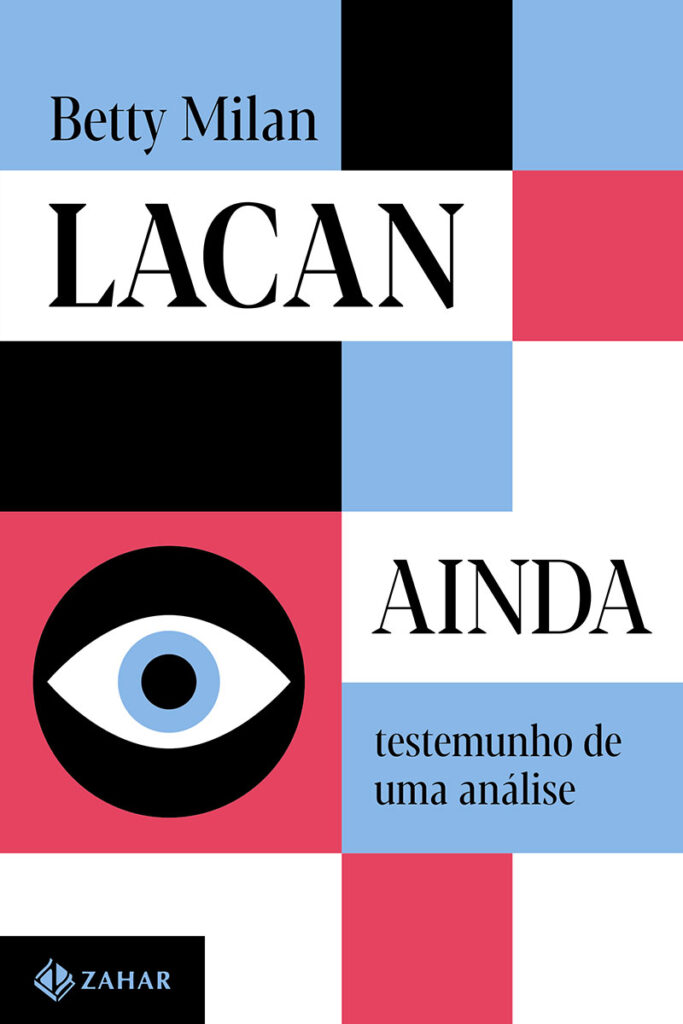update
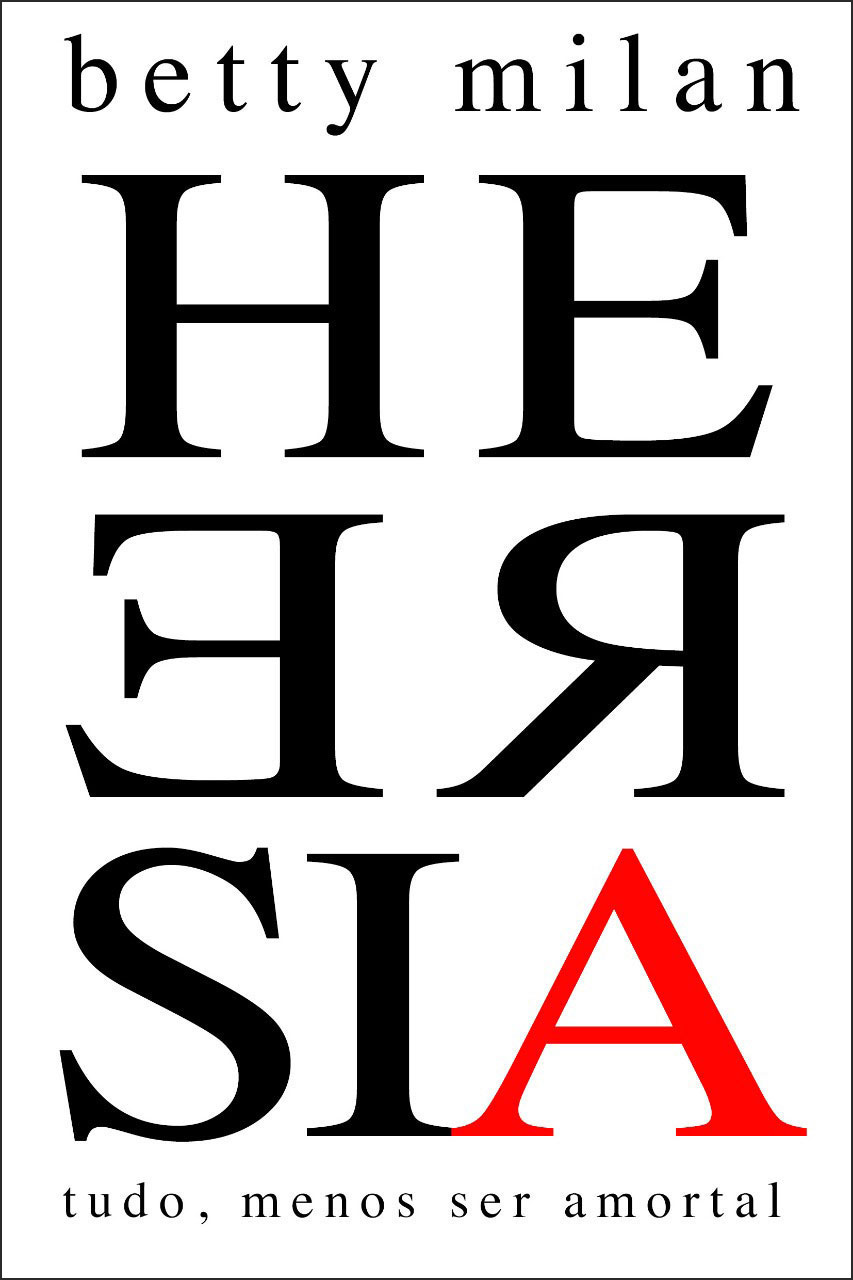 Heresy is a novel about the end of life, questioning the way this topic is treated in Western society.
Heresy is a novel about the end of life, questioning the way this topic is treated in Western society.
It concerns the indefinite extension of life and the molecular biology project that can transform us into immortal beings. That is why the subtitle of the book is: I could be anything, but being immortal.
The author tackles difficult issues related to longevity: the medical industry, assisted suicide and euthanasia. Dying is a human right and those who accept death live better. Despite the serious reflections, Heresy is a novel that makes you laugh.
“I underwent analysis to cure myself of myself”—a shocking revelation. That is how the reader is caught in the vortex of Betty Milan’s analysis testimony with Jacques Lacan.
Betty focuses on her analysis with Lacan talking about the way he worked, that is, sustaining transference through cutting the session and not through interpreting the meaning of the analysand’s discourse. Lacan did not respect the 45-minute rule for the session, established by the International Association of Psychoanalysis. He did not do so because the chronological time did not count for him. The speech of the analysand was the most important thing. Once the essentials had been said, he considered the session to be over.
In her report, the writer and the psychoanalyst join hands to tell the analysand’s saga and take us to frequent an unprecedented temporality, which condenses experience and fantasy, childhood and adulthood”.
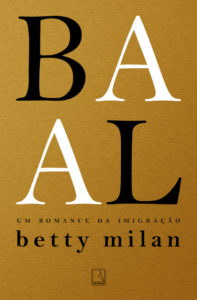 Baal is a family story. The main character is Omar, the patriarch, who narrates the saga of an always contemporary topic: immigration.
Baal is a family story. The main character is Omar, the patriarch, who narrates the saga of an always contemporary topic: immigration.
In the late nineteenth century, Omar is forced to abandon his country when his best friend is captured by a militia and taken to serve in the enemy army. Brokenhearted, Omar flees his village in the Middle East, vowing to come back for his family and fiancée one day.
He crosses the ocean to the tropics and begins his life as a peddler, like so many of his compatriots who have immigrated to the New World. Thanks to his physical strength and intelligence, he surmounts myriad obstacles to become a prosperous wholesaler. He builds a palace for his only daughter, Aixa, and her family; the building, named Baal, is “an Eastern jewel in the West.”
When the patriarch dies, it is not to rest in peace. His family is constantly fighting, and from the afterlife he sees how the conflicts he knew in his birthplace find echo in his adopted homeland. His grandchildren fritter his wealth away. Corrupted by money and fearing bankruptcy, they decide to tear Baal down and sell the cleared lot, hoping to maximize their profit. They move their elderly mother out of the only home she has ever known and place her, her longtime servant, and her dog into what is nothing more than a cubicle.
Enraged by his grandchildren’s behavior, Omar accuses them of not appreciating how long and hard he fought so they would be born into wealth. He believes their ruthlessness is somehow linked to shame over their origins. He says they are not only xenophobes; they have lost their memories, “sinking into the darkness of oblivion.” His way of countering this is to remember history.
This act of remembering, however, demands that Omar recognize his mistakes. He had never made it a point to pass on the lessons he learned from immigrating. Because of his bias against women, he hadn’t taught his daughter how to carry on his legacy. He had used her to make his small tropical empire of Baal an exciting place, instead of ensuring that the palace would go on after his death, becoming what it was meant to be: a memorial to immigration.
Baal brings the drama of uprooted lives into sharp focus and shows us that memory is a prerequisite for peace.
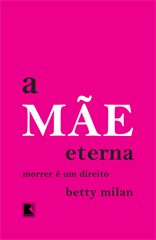 A Mãe eterna. At 98 years of age, the mother is almost blind, almost deaf, can hardly walk and eats like a bird. In the impossibility of conversing with this mother, the daughter-narrator writes to an imaginary mother, talking about her drama. She does this with a view to bearing the physical devastation, lack of communication and, even more so, to elaborate on the loss of a parent even before death.
A Mãe eterna. At 98 years of age, the mother is almost blind, almost deaf, can hardly walk and eats like a bird. In the impossibility of conversing with this mother, the daughter-narrator writes to an imaginary mother, talking about her drama. She does this with a view to bearing the physical devastation, lack of communication and, even more so, to elaborate on the loss of a parent even before death.
In her reflections, she recalls the past of a combative women, ready for anything, who, on becoming a widow, took over her husband’s company and began to read and re-read his love letters. The same letters that, because she is 98 and unable to see well, her daughter reads to her. Despite her age, however, this mother remains sharp and does exactly what she wants to do. She “puts one over” on anyone trying to control her with advice about doctors, medication, and food, and with this, continually feeds the humor of the narrative.
Thinking about her mother’s condition, the daughter asks herself when life should be prolonged and questions the conduct of the doctor who tries to beat death at any price. A text about love and separation, which raises questions that are fundamental nowadays: How to face extreme old age? Is it a doctor’s place to beat death? How to humanize the end of life?
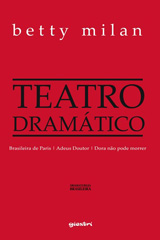 “Lyric Theater and Dramatic Theater” brings together the six plays written by the author.
“Lyric Theater and Dramatic Theater” brings together the six plays written by the author.
Betty Milan’s Lyric Theater took off in 1994 with Paixão (Passion), written for the actress Nathalia Timberg and performed in various states in Brazil, aiming to celebrate love. This piece was followed by two other texts, also lyric in character:Paixão de Lia (Lia’s Passion- 1994) and O amante brasileiro (The Brazilian Lover- 2003), commissioned by the actors of the Teatro Oficina.
In her dramatic theater, we find three plays: Brasileira de Paris (A Brazilian Parisian – 2005), a satire on libertinism and machismo. She rejects both the ideology of the libertine, which is the opposite of love, and macho ideology, which discredits feminine desire. Adeus doutor (Goodbye Doctor – 2008) is about an occidental of oriental descent who, through not identifying with her ancestors, cannot be a mother. The hero overcomes the impossibility thanks to analysis, which reveals the unconscious reasons for her drama.
In the same vein, as Goodbye Doctor, Betty Milan presents Dora Can’t Die, a play about cancer and madness, in which she reveals the importance of the subjective story of the sick person to the healing process.
movie
In 2019 the rights to film adaptation of the play Goodbye Doctor and the novel The Parrot of Lacan were bought by the american director Richard Ledes. The movie counts with David Lynch’s actor David Patrick Kelly, in the role of Lacan, and Ismenia Mendes as Seriema.
The film Adieu Lacan was released in 2021 and distributed to the general public in May 2022, currently available on Eventive streaming platform.



